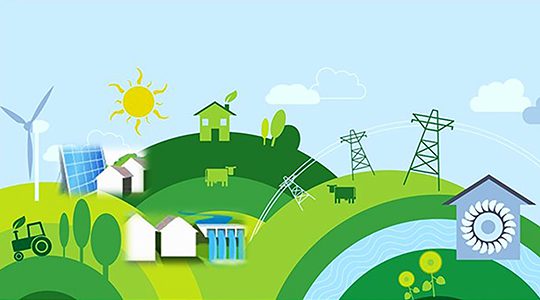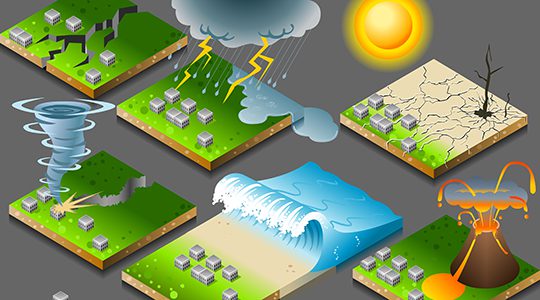Junior Seminars
Junior Seminars are offered on a completed satisfactory/completed unsatisfactory basis (CS/CU).
Click here to view the timetable for Sem 2 AY2022/2023.
Junior Seminars Offered in AY2022/2023 Semester 2
UTC1702D Thinking in Systems: Population Dynamics
Many of the world's problems are linked to population changes: rapidly aging population, immigration woes, and the threat of environmental degradation to human existence. In this module, students will be introduced to population trends and be equipped to better understand fertility, mortality and migration and how they cause changes in population size, composition and distribution. It incorporates basic concepts, data sources and tools used in demography into a systems approach to modelling population dynamics. Students will build models of increasing complexity, covering a variety of generic structures and classic system dynamics modelling scenarios.

UTC1702E Thinking in Systems: Energy Systems
Are energy sources infinite? Do energy policies lead to a sustainable energy development? Would renewables solve our future energy needs, mitigate emissions and protect our environment? Students deal with such energy challenges by learning to understand 'energy systems' as a 'complex whole'. This module provides a platform for students to understand the complex behavior arising from interdependent interactions of different actors of energy systems with other economic, political, social, technological and environmental factors. To achieve this, it engages students to learn and apply systems thinking tools to such aforementioned challenges through relevant models, case studies and real-world energy policy/problem scenarios.

UTC1702F Thinking in Systems: Disaster Resilience
Disasters like floods, storms, new disease outbreaks are increasing in the world. Climate change adds new hazards and uncertainties to existing risks. But are disasters a result of increasing hazards or are we becoming more vulnerable to them? Will they remain as hazards if we plan for resilience? Is resilience built or managed? Students will critically analyse these questions through a systems approach developing qualitative and quantitative models to understand relations between hazards, vulnerability, policy interventions and development practices. The module will encourage students to analyse case studies and grasp the dynamic complexity between risks, social vulnerability and resilience.




